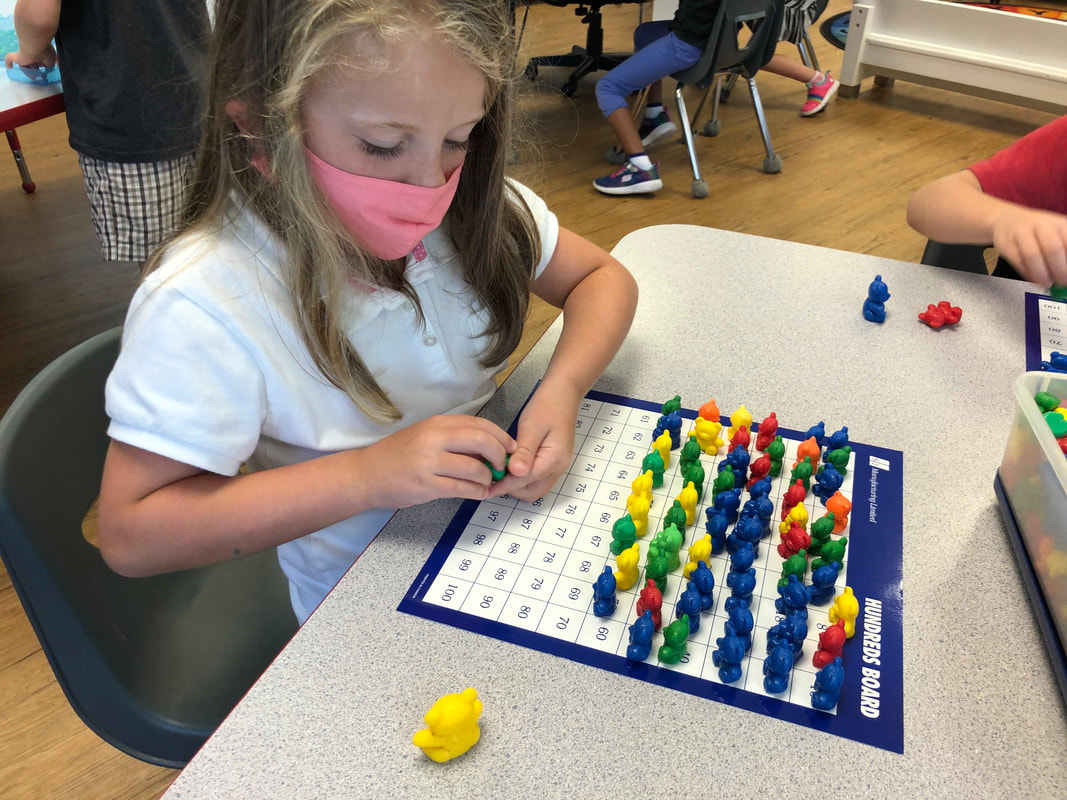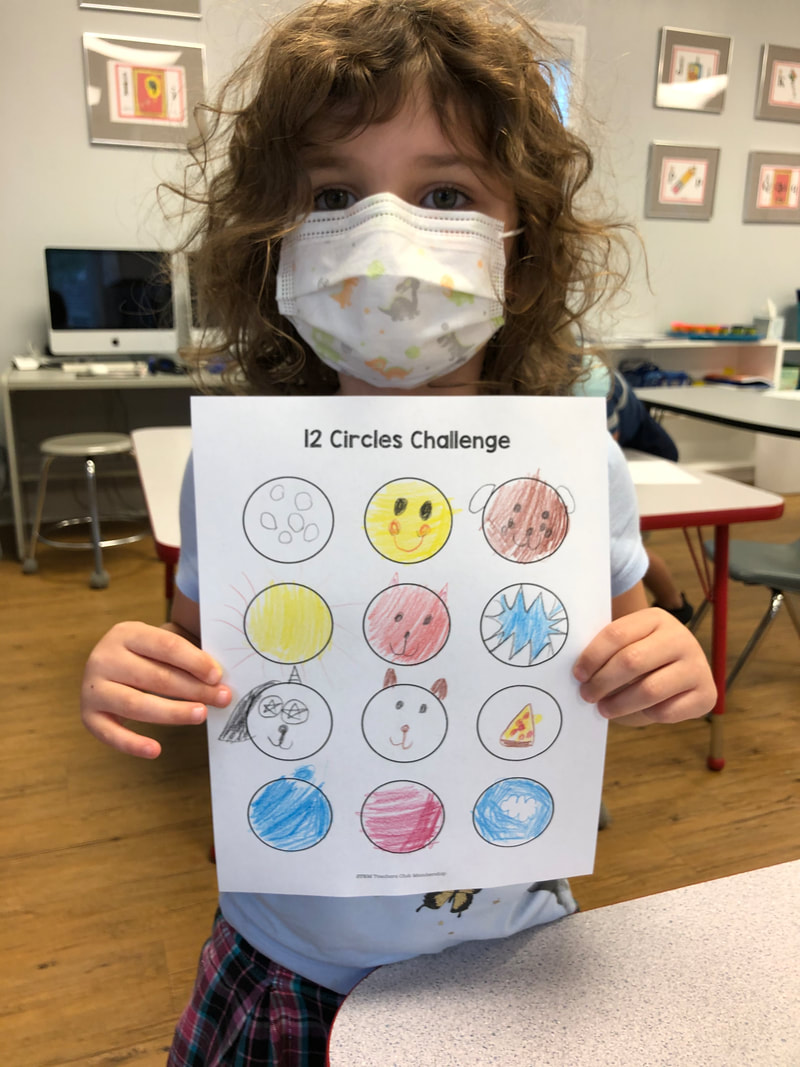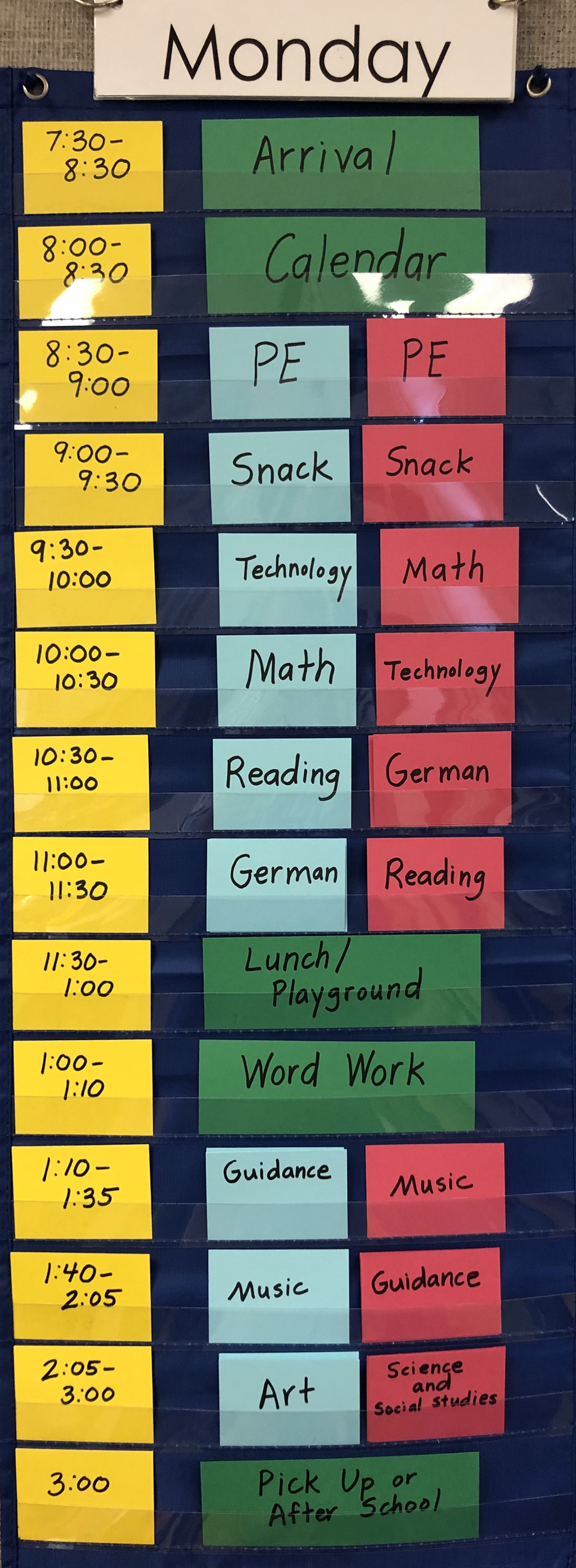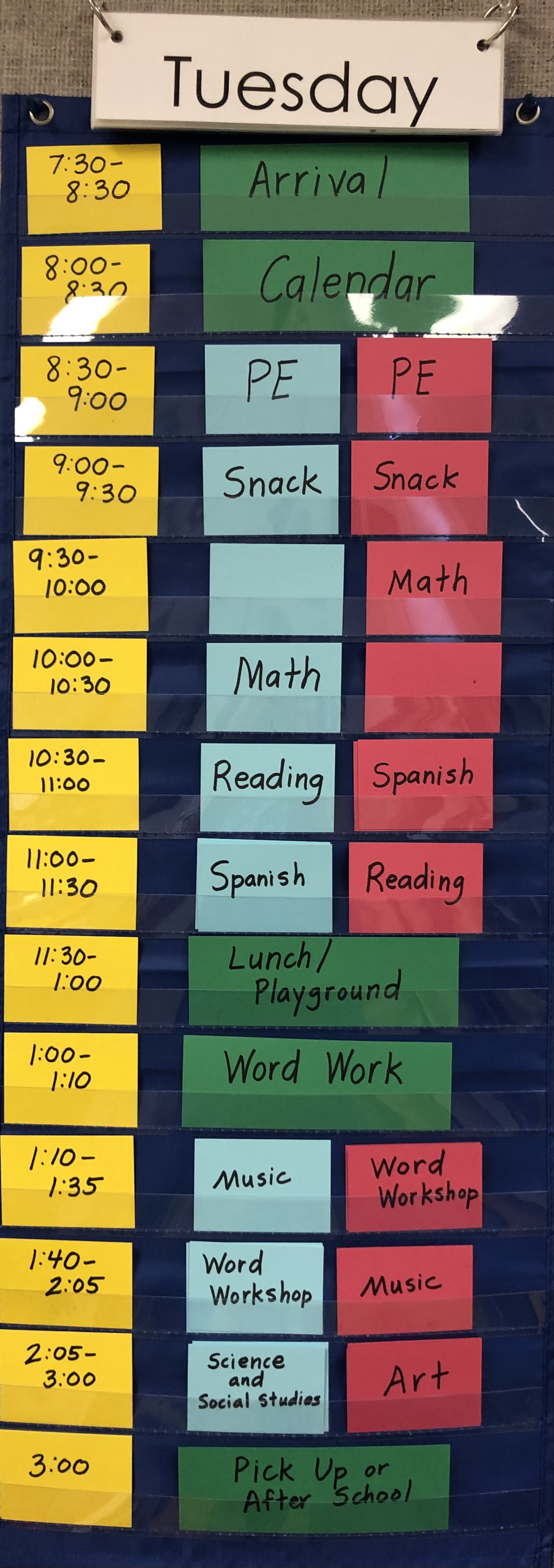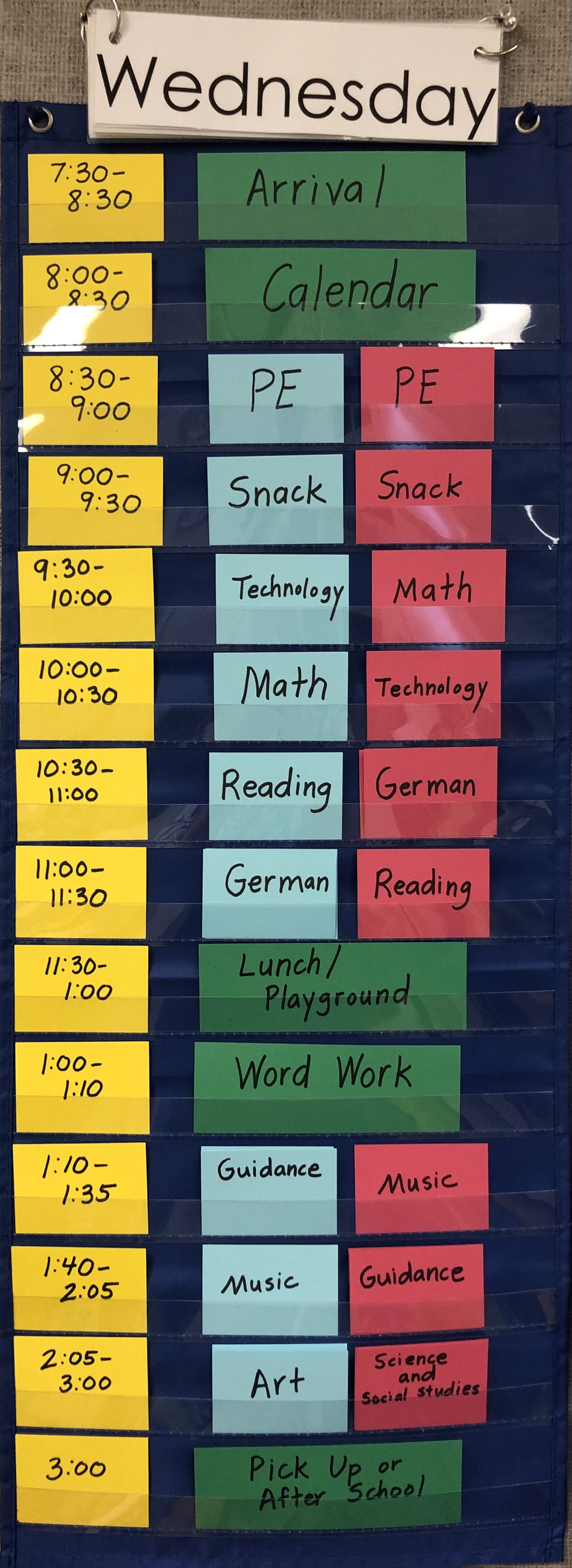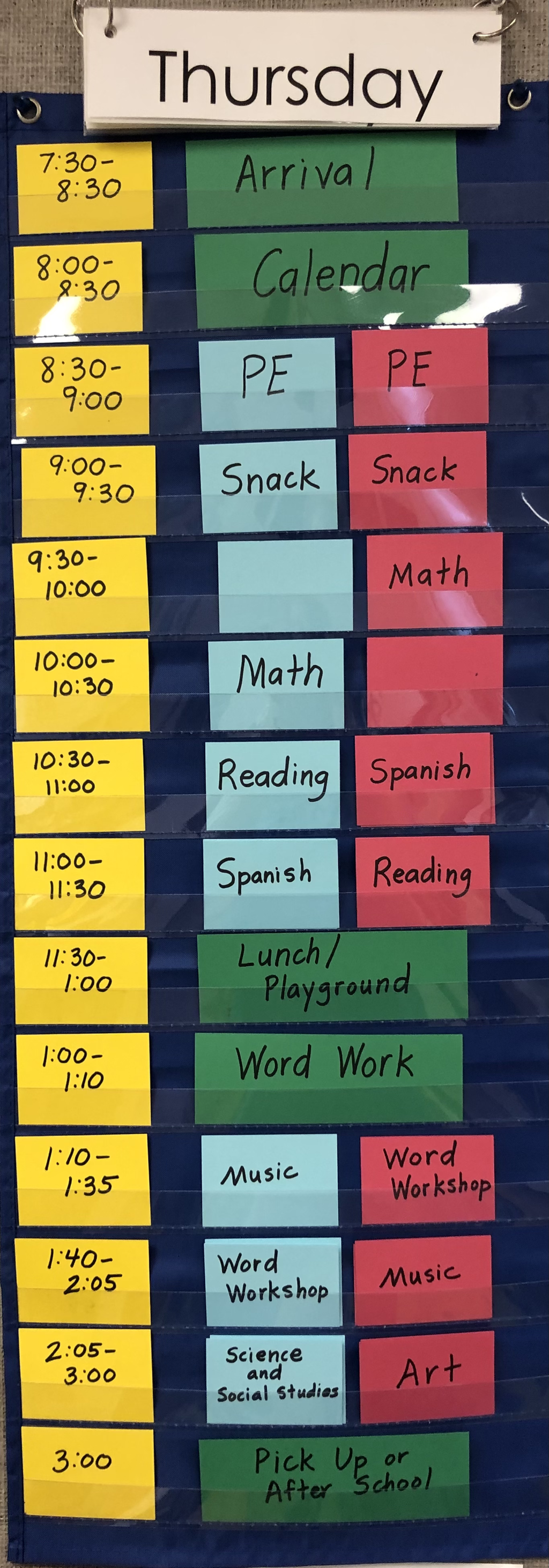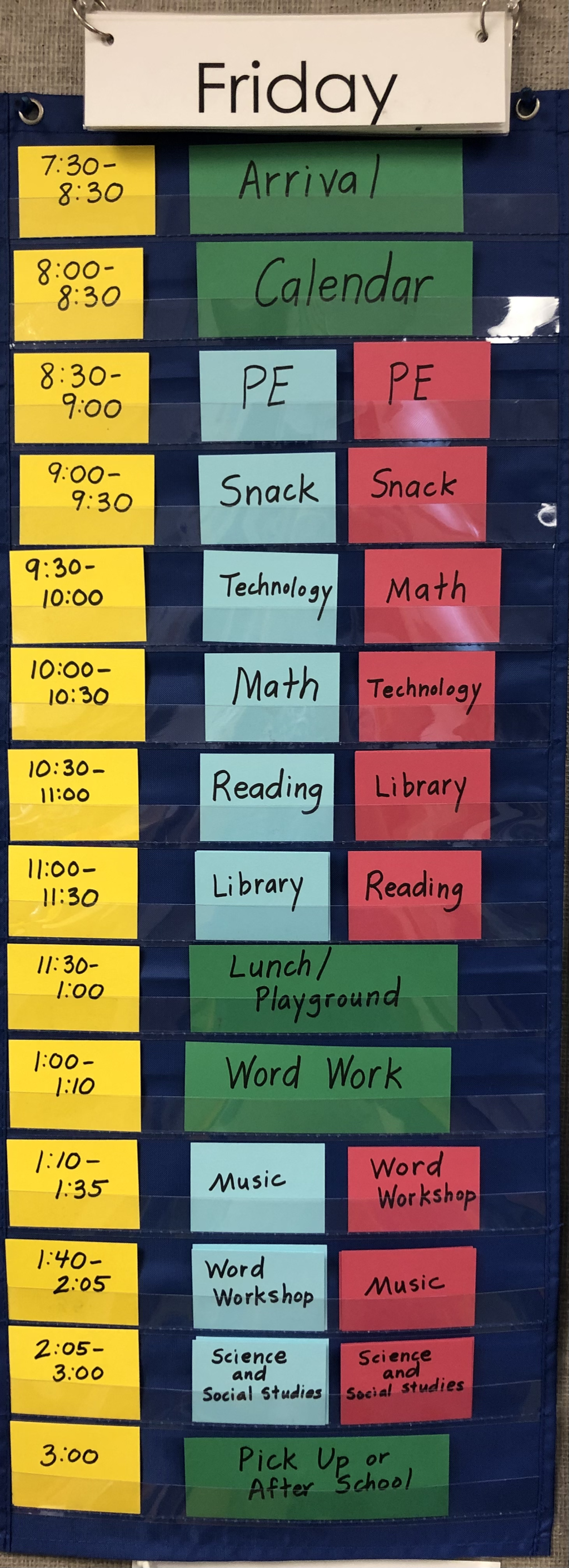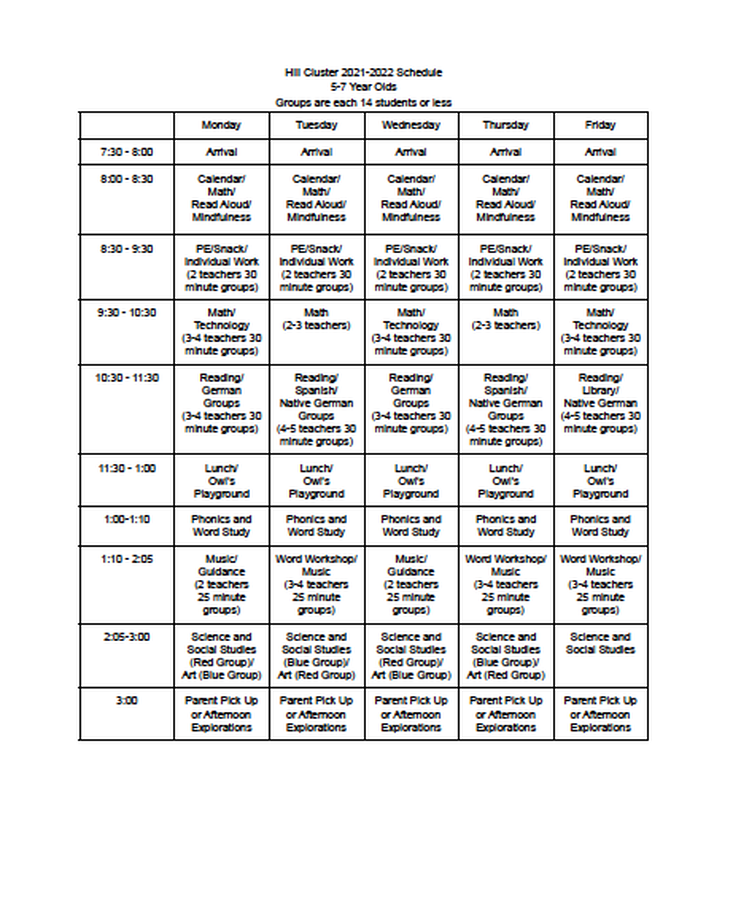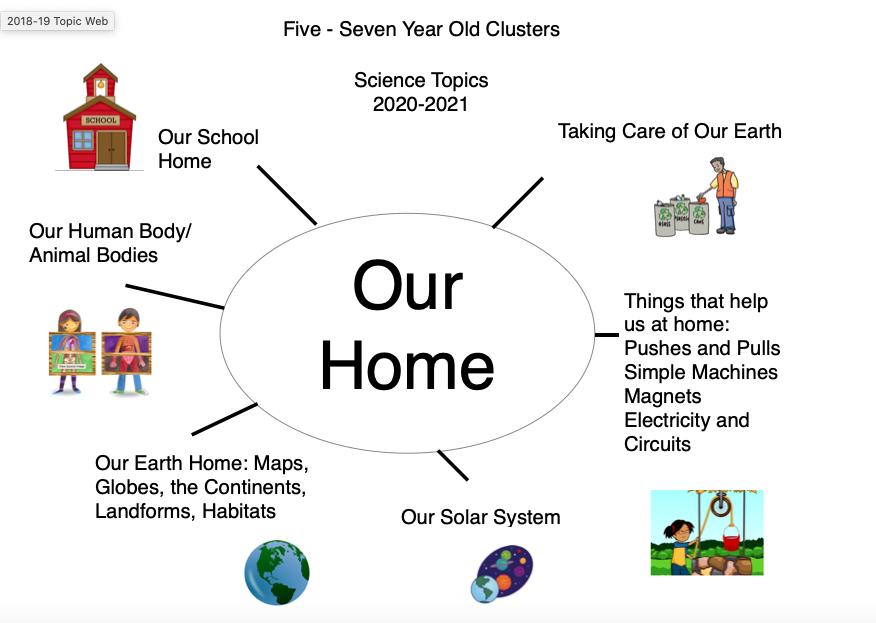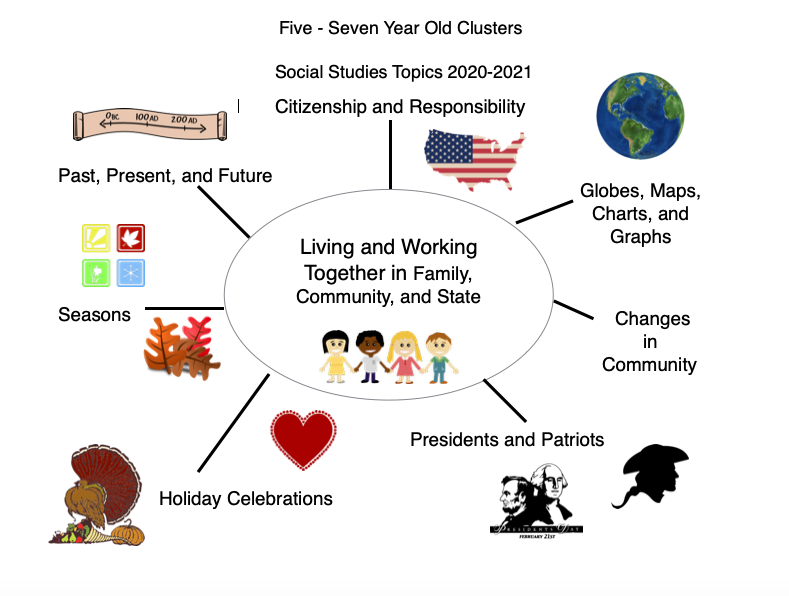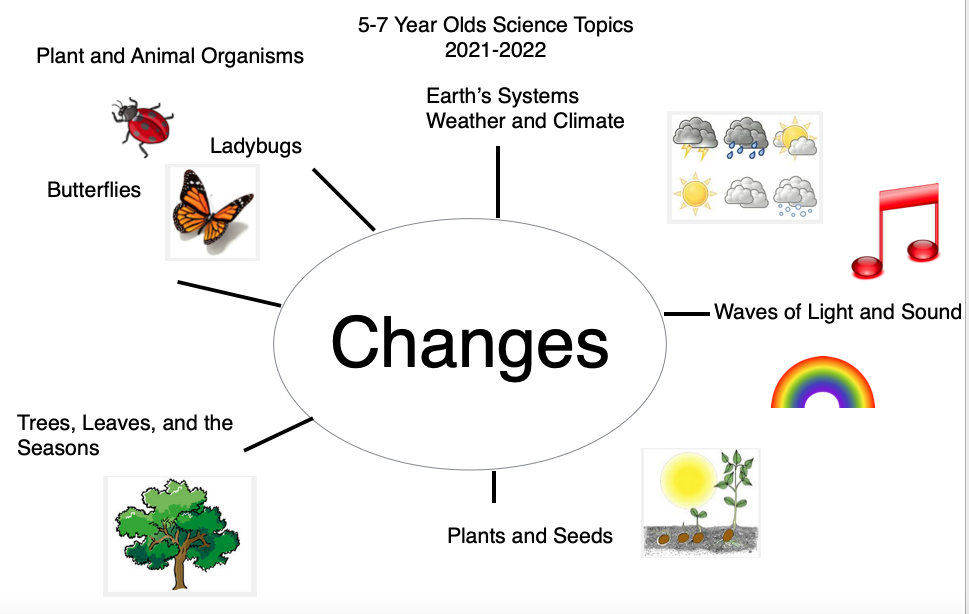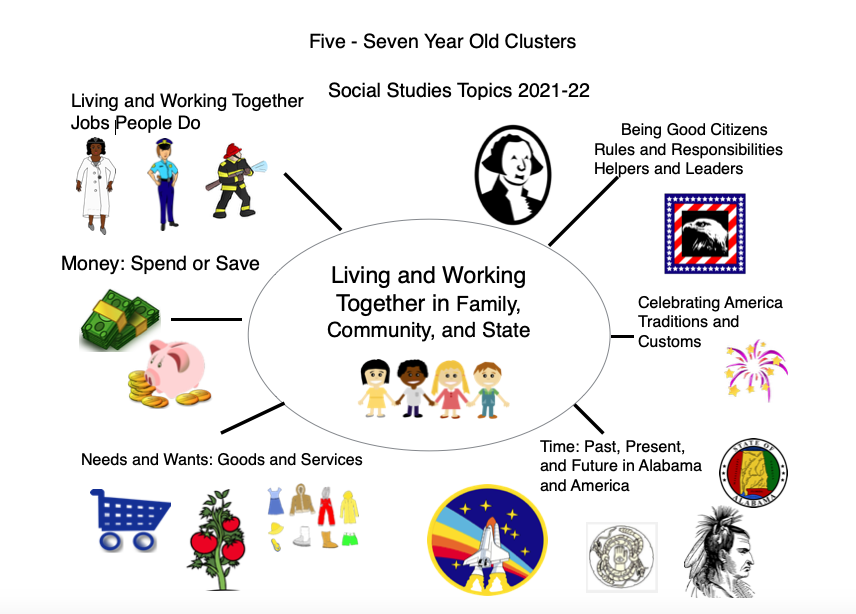|
I hear and I forget. I see and I remember. I do and I understand.
Confucius The 5-7 Year Old Cluster is a place full of hands on learning and meaningful projects. Emphasis in placed on assessing each student and designing lessons to meet that individual's learning needs. The class is divided into small groups throughout the school day, enabling the teachers to work more closely and one-on-one with each student. The Capitol School utilizes the Theory of Multiple Intelligences as devised by Dr. Howard Gardner of Harvard University. We believe that people have many ways of being smart and we offer activities in all eight areas of intelligence. What is important to us?
The Capitol School’s philosophy and innovative program are based upon the theory of Multiple Intelligences developed by Harvard psychologist Dr. Howard Gardner in his books Frames of Mind: Theory of Multiple Intelligences, Multiple Intelligences: The Theory and Practice, and Intelligence Reframed. Dr. Gardner identifies eight areas of intelligences as: Intrapersonal, Interpersonal, Verbal-Linguistic, Logical-Mathematical, Bodily-Kinesthetic, Naturalist, Musical, and Visual-Spatial. He believes there may be many more areas as well. Instead of asking, “How smart is your child?” teachers ask, “How is your child smart?” Our school enlists many experts in these fields of Multiple Intelligences to work with the students. These “expert teachers” provide many lessons per week in each area of Multiple Intelligences including Art, Music, Spanish, German, Guidance, Technology, and Physical Education. In addition, the 5-7 Year Old cluster teachers integrate the various areas of the curriculum such as reading, writing, math, art, science, and social studies around these areas of intelligence while utilizing the most up-to-date and most effective practices in education. Students arrive between 7:30-8:00. Dismissal is at 3:00 PM. Parents have the option to enroll their child in “Afternoon Explorations” from 3:00-5:30 for an additional fee. Details are given in The Capitol School’s Elementary Age Contract. Throughout the school day, students work in small groups with a teacher. We call the teachers who teach Art, Music, Spanish, German, PE, Guidance, and Library our “Expert Teachers.” An Expert Teacher might work with half of the class while the Lead Classroom Teacher works with the other half. This allows each teacher to work with smaller groups to give the students greater individualized attention. For instance, there maybe 24 or less students in a class. Half of these will work with an Expert Teacher while half work with a Lead Teacher in the classroom. |
Reading Instruction
We build a classroom environment to promote a love of reading and books. Our goal is to provide instruction that meets each student’s individual needs. The needs and levels of the students vary greatly. Some students will need beginning reading instruction. Others will be advanced. Each student will read books on his or her own individual level and will read to a teacher often. This allows the teacher to continually assess that student's individual needs. The teachers often do a "Literature Circle" book with a small group of students who are able to read on a similar level. Each student reads a copy of the book with the group to promote a shared book experience similar to a book club. Phonics, word skills, and comprehension skills are taught while reading the book together. We strive to promote a life long love of reading.
Readers use basically three skills to decode words:
We teach the sounds of the letters and groups of letters used to read in English. Educator, Katie Garner created a wonderful phonics program called "Secret Stories." She wrote stories about the letter sounds and groups of letters to give the students a reason "why" they say their sounds. For instance, "au" and "aw" really like each other. When they are together in a word, they get really embarrassed, turn red, and say "aw." See more at this outstanding program's website: www.thesecretstories.com
Dr. Edward Fry has identified the words that are used the most often in English. The ten most used words (the, of, and, a, to, in, is, you, that, it) are in almost every sentence. The first 25 most used words comprise one-third of all material. The first 100 most used words comprise about 50% and the first 300 comprise about 65% of all reading material. Therefore, you need to instantly recognize these words “by sight” and they are often called “sight words.” If you can read the first 300, you can read 65% of everything. Combine this with use of phonics and contextual clues and you are reading.
Think about what you do if you ever come across an unfamiliar word when reading. You might think, “Does it look like a word I know?” You might also sound it out. You most likely check to see if your guess makes any sense within the context of what you are reading. We use all these tools combined to read.
Our spelling and writing programs develop a strong use of the sounds or “phonics” in English. Both have been proven by research to be the more effective way to develop successful readers, writers, and students.
Readers use basically three skills to decode words:
- Phonics or the sounds of letters and groups of letters
- Knowledge of high frequency words
- Contextual clues
We teach the sounds of the letters and groups of letters used to read in English. Educator, Katie Garner created a wonderful phonics program called "Secret Stories." She wrote stories about the letter sounds and groups of letters to give the students a reason "why" they say their sounds. For instance, "au" and "aw" really like each other. When they are together in a word, they get really embarrassed, turn red, and say "aw." See more at this outstanding program's website: www.thesecretstories.com
Dr. Edward Fry has identified the words that are used the most often in English. The ten most used words (the, of, and, a, to, in, is, you, that, it) are in almost every sentence. The first 25 most used words comprise one-third of all material. The first 100 most used words comprise about 50% and the first 300 comprise about 65% of all reading material. Therefore, you need to instantly recognize these words “by sight” and they are often called “sight words.” If you can read the first 300, you can read 65% of everything. Combine this with use of phonics and contextual clues and you are reading.
Think about what you do if you ever come across an unfamiliar word when reading. You might think, “Does it look like a word I know?” You might also sound it out. You most likely check to see if your guess makes any sense within the context of what you are reading. We use all these tools combined to read.
Our spelling and writing programs develop a strong use of the sounds or “phonics” in English. Both have been proven by research to be the more effective way to develop successful readers, writers, and students.
Math Instruction
Three types of math instruction are utilized at Elementary School age levels at The Capitol School:
In the 5-7 year olds clusters, we concentrate on using Singapore Math. Students in the City/State/Nation of Singapore have historically scored higher on standardized math tests among the students of the world. Singapore Math features several visual-spatial methods to assist students in developing mathematical concepts. The students move from concrete activities to pictorial activities to abstract activities. This is called the “C-P-A” method.
Some of the concepts we focus on in the 5-7 year old clusters include:
- Singapore Math
- Montessori Math
- Constructivist Math
In the 5-7 year olds clusters, we concentrate on using Singapore Math. Students in the City/State/Nation of Singapore have historically scored higher on standardized math tests among the students of the world. Singapore Math features several visual-spatial methods to assist students in developing mathematical concepts. The students move from concrete activities to pictorial activities to abstract activities. This is called the “C-P-A” method.
Some of the concepts we focus on in the 5-7 year old clusters include:
- Friends of 5, 10, and 20 or number bonds (Addition and Subtraction)
- Counting and Skip Counting (the multiples of the numbers to lead to multiplication)
- Place Value
Next Generation Science Standards
We utilize the new Next Generation Science Standards. We design lessons to provide hands-on, concrete science activities for the students. Students in Kindergarten and First grade age will begin to develop an understanding of four core disciplinary ideas including physical sciences; life sciences; earth and space sciences; and engineering, technology, and applications of science. The students will begin to recognize patterns and formulate answers to the questions about the world around them.
Topics include:
Topics include:
- Forces and Interactions: Pushes and Pulls
- Interdependent Relationships in Ecosystems: Animals, Plants, and Their Environment
- Weather and Climate
- Engineering Design
- Waves: Light and Sound
- Structure, Function, and Information Processing
- Space Systems: Patterns and Cycles
Educating Responsible Citizens
"Intelligence plus character - that is the goal of true education." - Dr. Martin Luther King, Jr.
Character education and the personal intelligences, Intrapersonal and Interpersonal are very important to us. Intrapersonal intelligence is understanding yourself well or "Self Smart." Interpersonal Intelligence, or understand people well is "People Smart."
We utilize a number of methods to develop these skills and intelligences. Our Guidance Counselor, Mrs. Courtney Sanders acts as our leader in these areas. She visits our classroom twice a week to work with two small groups to help us develop many skills including understanding ourselves well and understanding people. These are key principles in living an effective life. Her lessons may involve setting goals, getting along with others, ways to learn more effectively, and friendship plus many others.
The Capitol School utilizes a set of Lifelong Guidelines and Life Skills as identified by Susan Kovalik and Associates as a part of their Integrated Thematic Instruction (ITI) model. These act as rules, but differ from rules significantly because they are important to all ages and situations in our society. These guidelines become an agreement between the student, teachers, parents, guests, and peers that help us clarify our expectations of one another. We continually learn how to interact with one another in our special community. We encourage you to use these words at home to identify behaviors and provide consistency. Our ultimate goal is to create lifelong learners and model citizens.
We read books about these skills in our classroom to understand what our goals are and how to use them. For instance, we might read the book, "Chrysanthemum" by Kevin Henkes to understand that we should use kind words when working with others.
We also have a "Calming Corner." This is a place where the students can go when they feel that they need a "time in," rather than a "time out." Perhaps a student feels overwhelmed, angry, upset, or scared. It gives the student a chance to regain their physical and emotional control. They reflect on their feelings and learn how to deal more efficiently with emotions.
We also use a mindfulness program called "Inner Explorer."( innerexplorer.org) We listen to an audio recording that guides us through stress reduction and creates a mindset of calming peace. It helps us increase our focus for learning and concentration.
Character education and the personal intelligences, Intrapersonal and Interpersonal are very important to us. Intrapersonal intelligence is understanding yourself well or "Self Smart." Interpersonal Intelligence, or understand people well is "People Smart."
We utilize a number of methods to develop these skills and intelligences. Our Guidance Counselor, Mrs. Courtney Sanders acts as our leader in these areas. She visits our classroom twice a week to work with two small groups to help us develop many skills including understanding ourselves well and understanding people. These are key principles in living an effective life. Her lessons may involve setting goals, getting along with others, ways to learn more effectively, and friendship plus many others.
The Capitol School utilizes a set of Lifelong Guidelines and Life Skills as identified by Susan Kovalik and Associates as a part of their Integrated Thematic Instruction (ITI) model. These act as rules, but differ from rules significantly because they are important to all ages and situations in our society. These guidelines become an agreement between the student, teachers, parents, guests, and peers that help us clarify our expectations of one another. We continually learn how to interact with one another in our special community. We encourage you to use these words at home to identify behaviors and provide consistency. Our ultimate goal is to create lifelong learners and model citizens.
We read books about these skills in our classroom to understand what our goals are and how to use them. For instance, we might read the book, "Chrysanthemum" by Kevin Henkes to understand that we should use kind words when working with others.
We also have a "Calming Corner." This is a place where the students can go when they feel that they need a "time in," rather than a "time out." Perhaps a student feels overwhelmed, angry, upset, or scared. It gives the student a chance to regain their physical and emotional control. They reflect on their feelings and learn how to deal more efficiently with emotions.
We also use a mindfulness program called "Inner Explorer."( innerexplorer.org) We listen to an audio recording that guides us through stress reduction and creates a mindset of calming peace. It helps us increase our focus for learning and concentration.
Lifelong Guidelines
- Trustworthiness
- Truthfulness
- Active Listening
- No Put-Downs
- Personal Best
Lifeskills
|
|
Suggested Homework
- Listen to your child read his or her reading book each night for 5-15 minutes. Practice word cards if provided.
- Read to your child. Research indicates that children who are read to are the most successful students at school.
- Teach your child to lay out his or her clothes and items needed for the next day.
Our Schedule
The 5-7 Year Olds Cluster is divided into 2 groups. This year we have the Red and Blue Groups. One group typically works with two-three teachers while the other group works with a different teacher in a different room. The groups then switch, so that each group has a chance with all of the teachers. The schedule is a bit different each day. This allows us time to have lessons in small groups with all of our teachers who present lessons on the various areas of Multiple Intelligences.

